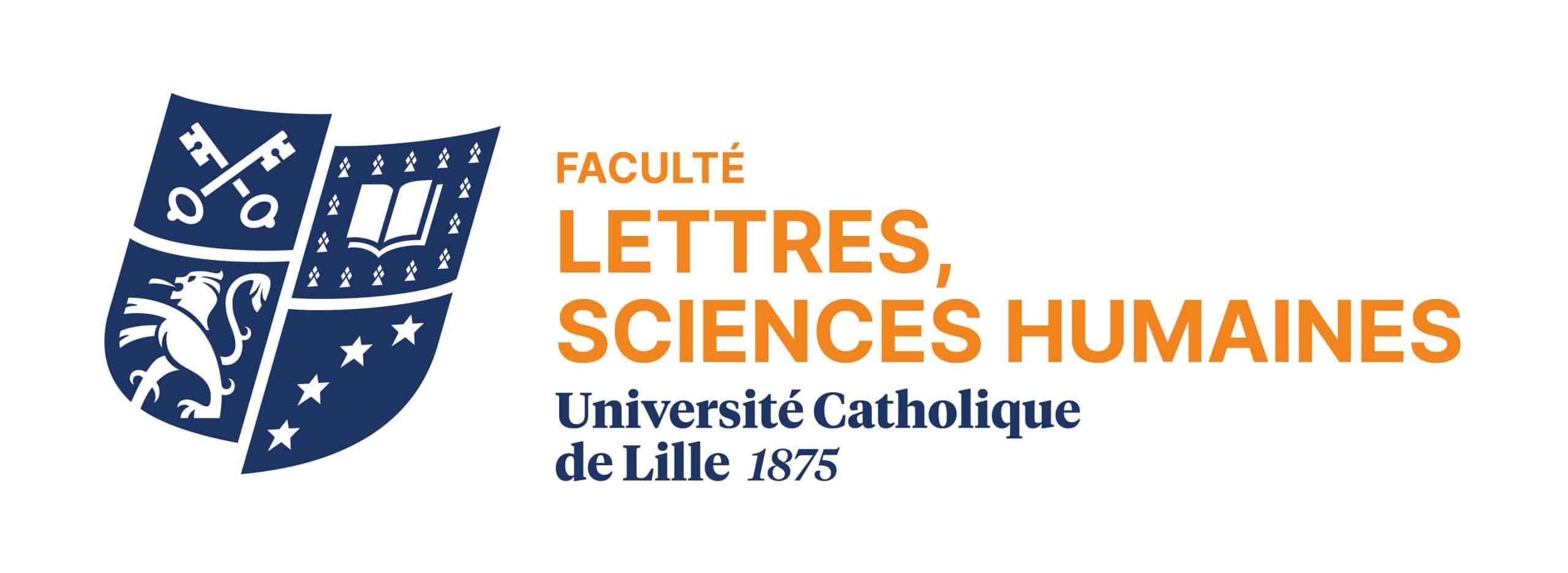
Arabe
Etablissement : Faculté des Lettres et Sciences Humaines – FLSH
Langue : Arabe
Formation(s) dans laquelle/lesquelles le cours apparait :
- Master Affaires Internationales Trilingues : Tourisme International d’Affaires et de Luxe [ECTS : 2,00]
- Master Affaires Internationales Trilingues : Marketing International et Négociation [ECTS : 2,00]
- Master – Double diplôme – Affaires Internationales Trilingues – Marketing International et Négociation [ECTS : 2,00]
- Master Histoire – Relations internationales – Géopolitique [ECTS : 2,00]
- Master Histoire – Relations internationales – Parcours : Environnement et transitions [ECTS : 2,00]
- Master Histoire – Relations internationales Sécurité et Défense [ECTS : 2,00]
Période : S1
Acquérir la lecture et l’écriture.
– Acquérir le vocabulaire de base et des formules de politesse usuelles.
– Comprendre les premières notions de la grammaire arabe et la structure générale de la langue
– Connaître quelques aspects de l’histoire et de la civilisation du monde arabe
Etude des phonèmes
Apprentissage de l’écriture et du vocabulaire fondamental
Morphologie : notion de racine, conjugaison du verbe, les pronoms personnels, les particules, les interrogatifs, les démonstratifs…
Syntaxe : étude de construction de la phrase simple : détermination, annexion…
Etymologie. : étude des mots français d’origine arabe : vocabulaire savant de l’époque médiévale et vocabulaire familier de l’époque contemporaine.


